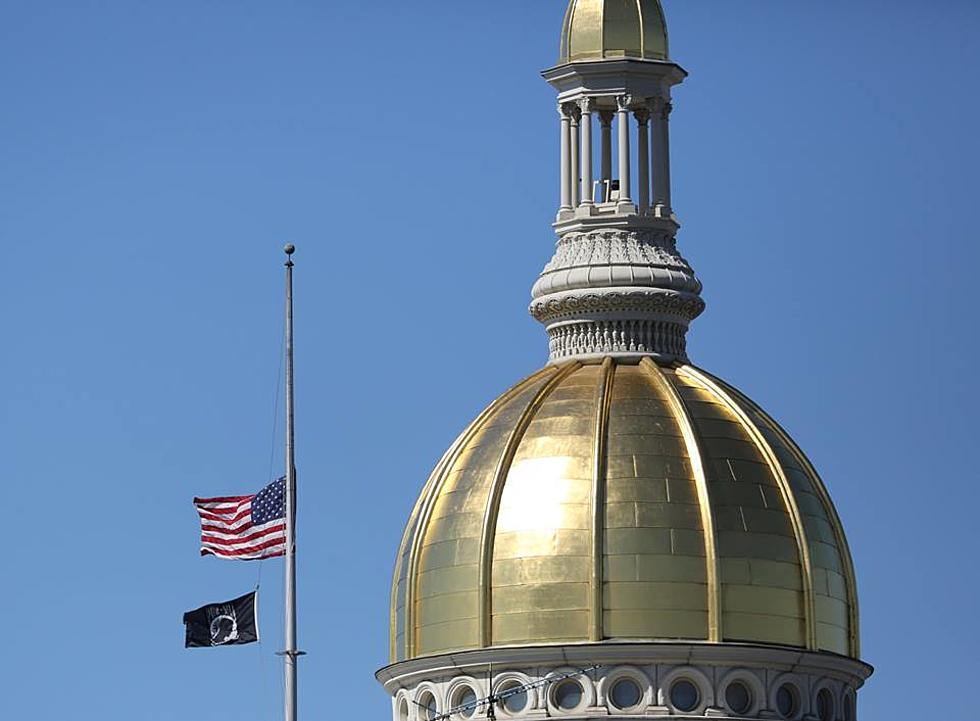
Lawmakers encouraged to add millions to Murphy’s budget plan
Direct support professionals who help care for 30,000 New Jerseyans with intellectual and developmental disabilities aren’t paid well – and unless Medicaid payments are increased, will be even closer to minimum wage by early next year.
Providers are sounding the alarm to lawmakers, one of many pleas for spending millions of additional state dollars on worthy causes at Wednesday’s Assembly Budget Committee public hearing.
Shawn McInerney, the president and chief executive officer of Midland Corp., said he applauds the move toward a $15 minimum wage but that it will make the gap between funding and operational costs for providers even more pronounced.
“This will place a lot of nonprofits in peril,” McInerney said.
The minimum wage is now $8.85 an hour. It rises to $10 in July, then $11 in January, reaching $15 in 2024.
Advocates are pushing for an additional $54 million in state funding, which would be matched by the federal government, to keep pay for direct support professionals 25 percent above minimum wage. Their wages currently start at $11 an hour.
“If the DSP wage continues to be reduced due to inflation to that of a McDonald’s worker, we’re in serious trouble and a crisis is about to come,” said Peter Phillips, a member of the Regional Family Support Planning Council.
The most common theme at the seven and a half hour hearing, as it was a week earlier, was school funding.
People from 20 school districts – superintendents, teachers, board members, parents and students – testified in opposition to how school aid is to be distributed under changes approved last year. Big city districts like Newark and Paterson joined suburban colleagues at the microphones, pushing for more funding or a pause in aid cuts.
“We will lose more than $2.6 million cumulatively in the next six years, in a budget that is currently $14.8 million,” said Tabernacle schools Superintendent Glenn Robbins. “Our district will be unrecognizable.”
The Education Law Center said $29 million in extra aid is being given to districts with spending considered by the state to be “over adequacy,” while $40 million is being cut from those that are under. It suggests doubling, to 4 percent, the cap on how much property tax levies can increase.
Smaller requests were also made of lawmakers.
Last year, Gov. Phil Murphy signed a law creating a first-of-its-kind Civic Information Consortium, designed to reviving local news coverage in communities where newspapers have pulled back on coverage. But the seed money it was promised was stripped and still hadn’t been provided.
John Celock, an appointed board member for the not-yet-organized group, said the Civic Info Consortium needs the $5 million it was promised for grants, not the $1 million the budget would provide.
“I’m not exaggerating when I say that we have reached a code blue level emergency in our state with respect to accessing local news and information,” Celock said.
James Thompson, an organizer for Free Press Action, said the money appears to be needed more than ever, noting Digital First Media is attempting to buy Gannett, which publishes eight daily newspapers in the state.
“Digital First is notorious for gutting newsrooms, censoring journalists and slashing local coverage. While Gannett rejected this bid, Digital First keeps trying to purchase New Jersey’s largest distributor of news. So it’s clear that the vultures are circling,” Thompson said.
Corinne Orlando, director of government relations for the American Heart Association, said the state needs to increase anti-smoking funding to combat a sharp rise in teen vaping – and could pay for it by raising the $2.70 a pack cigarette tax for the first time in a decade.
“We would recommend increasing it by $1.65, so we would be at $4.35, which is what New York and Connecticut are at,” Orlando said. “And then we might want to look at increasing the tax on e-cigarettes as well.”
Orlando says between 2017 and 2018, there was a 78 percent increase in e-cigarette use among high school students. It was up 47 percent among middle school students.
More From WOBM:
More From Beach Radio










